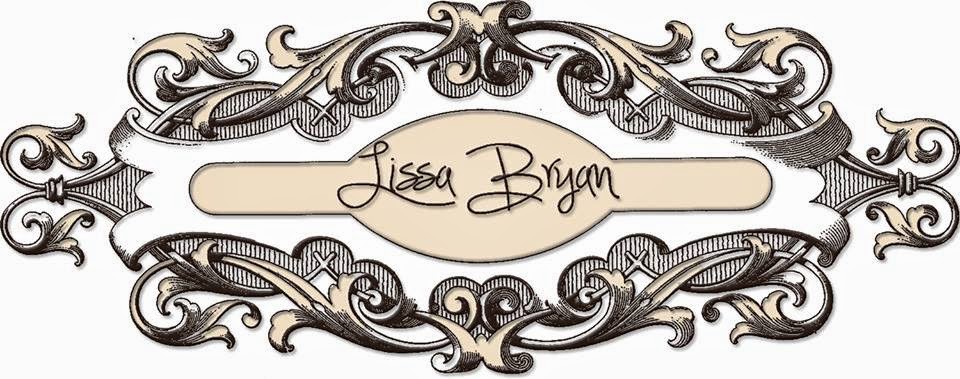It made me think about how important word choice is for setting a mood, for conveying the right tone in our stories.
Words have moods and inflections; every writer knows this, but using them effectively can be a challenge. The rhythm and sounds of words can affect the impression a reader gathers from a scene. It's very subtle, something the reader might not notice, except when a word is jarring and it breaks them from the spell you're weaving.
The author who taught me most about this subject was Emily Brontë. Her only novel, Wuthering Heights, is a perfect illustration of how word choice is an integral part of the storytelling craft.
Heathcliff's name associates him with the rocky crags of the moors, and indeed, Cathy says her love for him,
"...resembles the eternal rocks beneath-- a source of little visible delight, but necessary."Brontë continued this use of natural metaphors when Cathy is comparing Heathcliff with Linton:
"Whatever our souls are made of, his and mine are the same, and Linton's is as different as a moonbeam from lightning, or frost from fire."
| From the 1943 edition |
A scene that stands out for its use of wording to create the mood is the one in which Nelly (the narrator) and Cathy go for a walk, meeting Heathcliff at the park boundary. Cathy is in a glum mood and doesn't feel like running as she would usually do. The setting around them is described as:
"[A] fresh watery afternoon, when the turf and paths were rustling with moist withered leaves and the cold blue sky was half hidden by clouds-- dark gray streamers rapidly mounting from the west, and boding abundant rain ..."It sets the scene visually, but uses crisp, sharp words that give an impression of harshness, and reflects Cathy's mood.
After her death, Cathy is buried not inside the church, but outside in the churchyard, away from her families (both blood and marital):
| Emily Bronte, painted by her brother, Branwell |
[A]nd it was dug on a green slope in corner of the kirkyard, where the wall is so low that heath and bilberry plants have climbed over it from the moor; and peat almost buries it.
Cathy has become one with the wild moors she loved so much. After Heathcliff dies, the wild spell is broken that colors our perception of the moors, and the world once again becomes peaceful and gentle with "benign skies" and "soft wind."
Rules to keep in mind:
It takes practice, but all writing does. Good luck, and happy writing!
“I lingered round them, under that benign sky; watched the moths fluttering among the heath and hare-bells; listened to the soft wind breathing through the grass; and wondered how anyone could ever imagine unquiet slumbers for the sleepers in that quiet earth.”
The last sentence is beautifully crafted, unquiet slumbers for the sleepers in that quiet earth. It uses alliteration, which authors are cautioned to avoid, but in this case, it's used to powerful effect.
When writing a scene, think about Brontë's techniques. Use your words to paint images and choose them carefully to make sure they convey the proper mood. Read them aloud; do they have the sound you want for this scene (soft, versus harsh and grating)? Note your sentence rhythm as well, and make it match your scene. Long, flowing sentences aren't right for a tense moment.
When writing a scene, think about Brontë's techniques. Use your words to paint images and choose them carefully to make sure they convey the proper mood. Read them aloud; do they have the sound you want for this scene (soft, versus harsh and grating)? Note your sentence rhythm as well, and make it match your scene. Long, flowing sentences aren't right for a tense moment.
Rules to keep in mind:
1) Don't use a word unless you're familiar with it. The thesaurus may have provided it, but based on context, it could be totally wrong.
2) Strive for clarity and simplicity. Sometimes, finding the right word is economical. Other times, it's unnecessary.
3) Technically correct can still be "wrong." It doesn't matter if you're right in your usage; if it snaps the reader out of the story, it's the wrong word. I learned this with Ghostwriter, when I got emails from readers who thought "especial" was a typo.
It takes practice, but all writing does. Good luck, and happy writing!

"especial" is SO Oscar Wilde. I love poetic language, and I don't think we should be afraid of it when it fits. Thanks for your insight, and for the visit with the incomparable Emily.
ReplyDeleteI blame my style on being exposed to far too much late Victorian literature in my formative years.
DeleteIn "Ghostwriter," I was writing love letters in the voice of a well-educated gentleman born in the 1890s. I wanted the vocabulary to match the "voice" I was trying to create, but, of course, I wanted it to be comfortable for the modern reader.
I wonder if Bronte would have been published today?